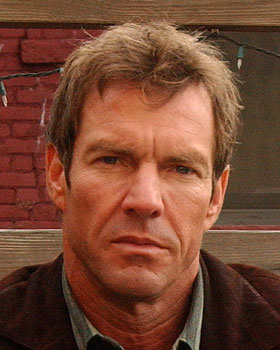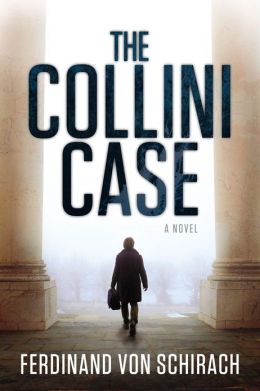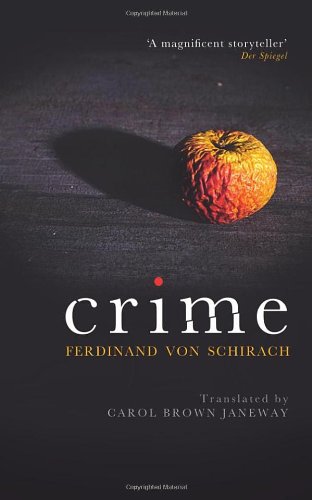 The Last Alibi by David Ellis
The Last Alibi by David EllisOn Thursday, Della Streetwise will tell you about some sure-fire scares for Halloween. She'll also include some titles for those whom the name "Stephen King" inspires a mad scramble for the exit. Today, I have a suspenseful book that kept me up late, turning pages to see what in the world was going on and how it all would end. It doesn't pit its hero against rampaging zombies, a deadly virus, or a crazed killer. (Well, okay, sorta that last one; but, not in a way you'd expect, even after you read my review.) It takes place day-by-day in a Chicago murder trial. Flashbacks to six months earlier interrupt the trial and count down to the present, so we see how Jason Kolarich comes to sit at the defendant's table, and not in his usual role of defense attorney. Early on, Jason tells us he'll probably testify, but he's not sure if it will be enough to establish reasonable doubt. He's sure of only one thing—that when he testifies, he will not tell the truth.
 Jason, a former college football player, was a prosecutor before he joined his best friend, Shauna Tasker, in Tasker & Kolarich. Now in his 30s, he grew up with his brother Pete in a dysfunctional home, where "Dad volcanoes" made conflict avoidance an art form. Jason still dislikes conflict in his personal life, but he lives for it in the courtroom. We first meet him in 2009's The Hidden Man, when he defends a man accused of a revenge killing; by then, Jason had already won fame involving a case of high-office political corruption, detailed in Breach of Trust. (Note: Edgar Award-winning author and lawyer Ellis prosecuted and convicted Governor Rod Blagojevich in the sensational 2009 impeachment trial before the Illinois Senate.) Last year, Jason took on the murder defense of a homeless Iraq war vet in The Wrong Man.
Jason, a former college football player, was a prosecutor before he joined his best friend, Shauna Tasker, in Tasker & Kolarich. Now in his 30s, he grew up with his brother Pete in a dysfunctional home, where "Dad volcanoes" made conflict avoidance an art form. Jason still dislikes conflict in his personal life, but he lives for it in the courtroom. We first meet him in 2009's The Hidden Man, when he defends a man accused of a revenge killing; by then, Jason had already won fame involving a case of high-office political corruption, detailed in Breach of Trust. (Note: Edgar Award-winning author and lawyer Ellis prosecuted and convicted Governor Rod Blagojevich in the sensational 2009 impeachment trial before the Illinois Senate.) Last year, Jason took on the murder defense of a homeless Iraq war vet in The Wrong Man. Now, in The Last Alibi (August 2013, Putnam), Jason hasn't been himself since blowing out his knee while running earlier in the year. Out of court, his life is a shipwreck. He's beginning to feel like a shill; even if he gets his clients off once, sooner or later, they'll find themselves behind prison bars. Shauna and Joel Lightner, the firm's private eye, say Jason looks like shit and wonder what the heck is wrong with him.
Now, in The Last Alibi (August 2013, Putnam), Jason hasn't been himself since blowing out his knee while running earlier in the year. Out of court, his life is a shipwreck. He's beginning to feel like a shill; even if he gets his clients off once, sooner or later, they'll find themselves behind prison bars. Shauna and Joel Lightner, the firm's private eye, say Jason looks like shit and wonder what the heck is wrong with him.This is the Jason who begins to court the beguiling court reporter, Alexa Himmel. It's also the Jason who eyes an odd-looking new client and doesn't know what to make of him. Recently, two women James Drinker knows have been found, stabbed to death. Drinker says he didn't kill them, but he's afraid he'll be arrested. In fact, Drinker wonders if he's being framed and asks Jason how he'd go about framing somebody. Jason helpfully mentions a few things he'd do. Then he suggests Drinker go to the police before they come to him.
You don't need to be a fan of courtroom dramas or legal thrillers to appreciate The Last Alibi, although there's plenty here for such fans to love. For Jason, a trial means war. It's not so much that he loves to win as that he hates to lose. It's a pleasure to learn his insider's view of the courtroom's characters and what he thinks of the prosecution's strategy and witnesses' testimony. While Jason's attorney, Shauna, is conscientious and competent, she's not highly experienced in homicide cases, and Jason often overrules her proposed strategy. Even so, he tells us he wouldn't consider anyone else defending him. The reader only incrementally understands his defense, as Jason and Shauna slowly reveal the legal strategy and what happened before trial.
I really like series regulars Jason and Shauna, who both narrate. I feel I have a handle on what makes them tick, and on the motivations of the other characters, too. Writer Ellis does a superb job of unexpectedly yanking the plot this way and that, and of heightening suspense with the hints Jason drops and Shauna's self-revelations. Inside and outside of the courtroom, The Last Alibi thrills. It's a perfect fall or winter read. Get comfy, because you won't want to put down this diabolical legal thriller before you're finished.












